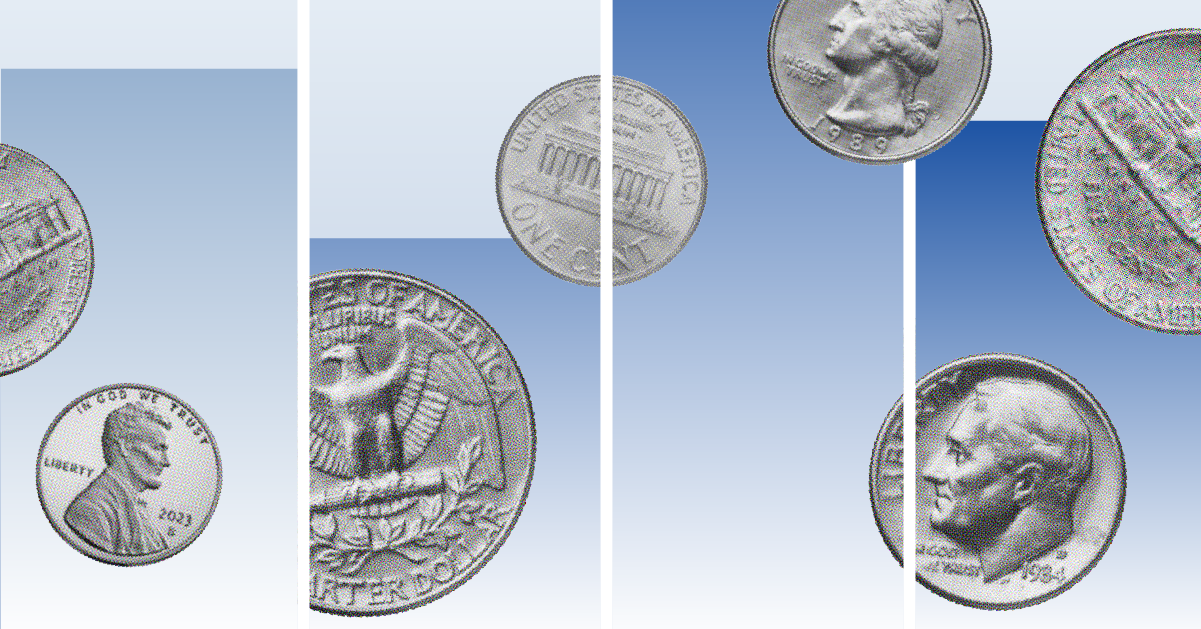
Mario Draghi is certain to leave his role as President of the European Central Bank without ever rising interest rates, according to David Zahn, head of European fixed income at Franklin Templeton.
Draghi last week announced the intention to end the ECB’s quantitative easing programme by December. The QE policy was brought in in early 2015. Since then, the central bank has bought almost €2.5 trillion of government bonds.
The programme will begin tapering and complete by the end of the year. In addition, Draghi said interest rates would remain on hold until at least the summer of 2019.
Draghi leaves his role as President in October next year, suggesting there’s a possibility his parting shot may be the first-rate rise in eight years.
But Zahn thinks the idea that the ECB will raise rates in the middle of next year is “too aggressive”. He predicts a hike won’t happen until 2020 at the earliest. “There’s no real reason to, given inflation forecasts are showing inflation at 1.7% by 2020,” he explains.
“They’ll probably want to end QE under Draghi and allow the rate hikes to begin under the new individual.”
Zahn thinks the removal of the ECB’s accommodative monetary policy will be even slower than suggested last week. He notes its caveat that it will only end QE by December should its assumed path for inflation show through in the data “gives it some wiggle-room”. That said, there’s no reason to disbelieve QE will end by year-end.
ECB Policy Won’t Impact Investment Outlook
Zahn is still positive on Europe. Eurozone growth slowing is not a worry, he says. True, it’s set to slip from 2.5% last year to under 2% this year, but he says even that’s “fantastic growth for the eurozone”. “That’s what people forget – the eurozone’s potential growth is between 1% and 1.5%, so it’s still growing much faster than it should.”
Draghi’s successor will clearly be somewhat of an unknown quantity, as new Fed chair Jerome Powell was. Zahn says the two leading candidates, Germany’s Jens Weidmann and Finland’s Erkki Liikanen have historically been more hawkish, meaning they could hike faster than Draghi would.
However, Zahn cautions: “I think they’ve been hawkish because they’ve been speaking for Finland and Germany. I think once they’re in charge of the ECB and have to take into account France, Italy, Spain and the rest of the place then actually they will be much more dovish than historically.
Zahn thinks, while it’s yet to stand the test of time, Draghi’s tenure as President has been successful. “You can always look back in history and realise you could have done something different. But given the data he had and what he had to work with I think he’s done an amazing job.”
He notes that the eurozone was in deflation when Draghi took office with huge lending costs through its banks. “He has collapsed those spread and has actually gotten bank lending growth positive again, and overall the economy is growing well.”





























